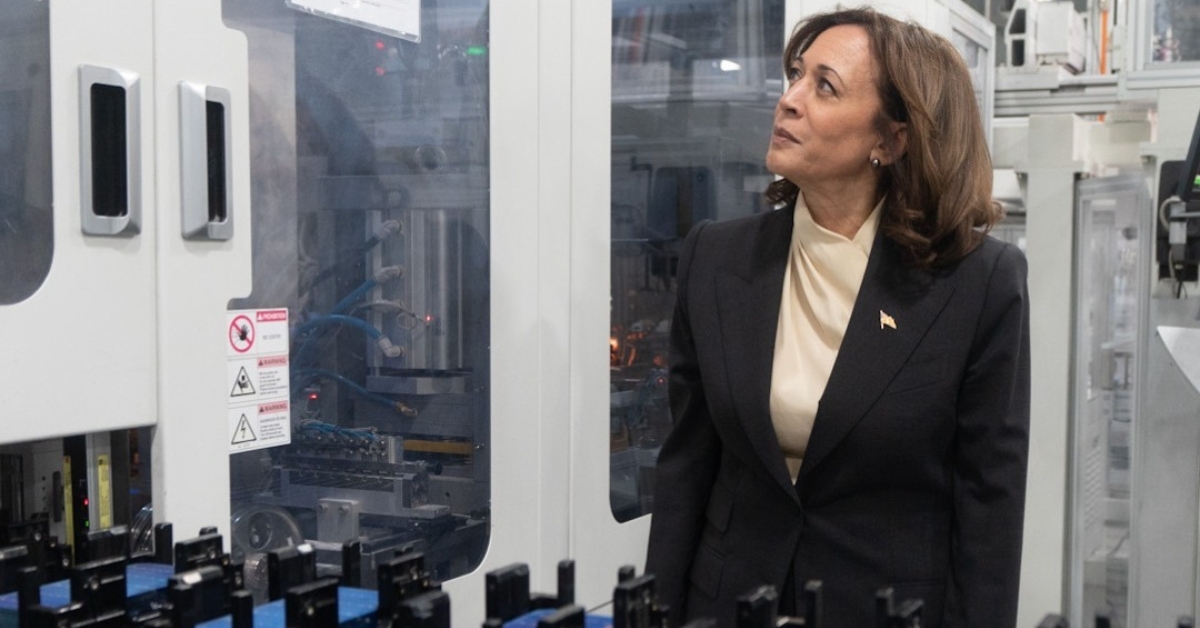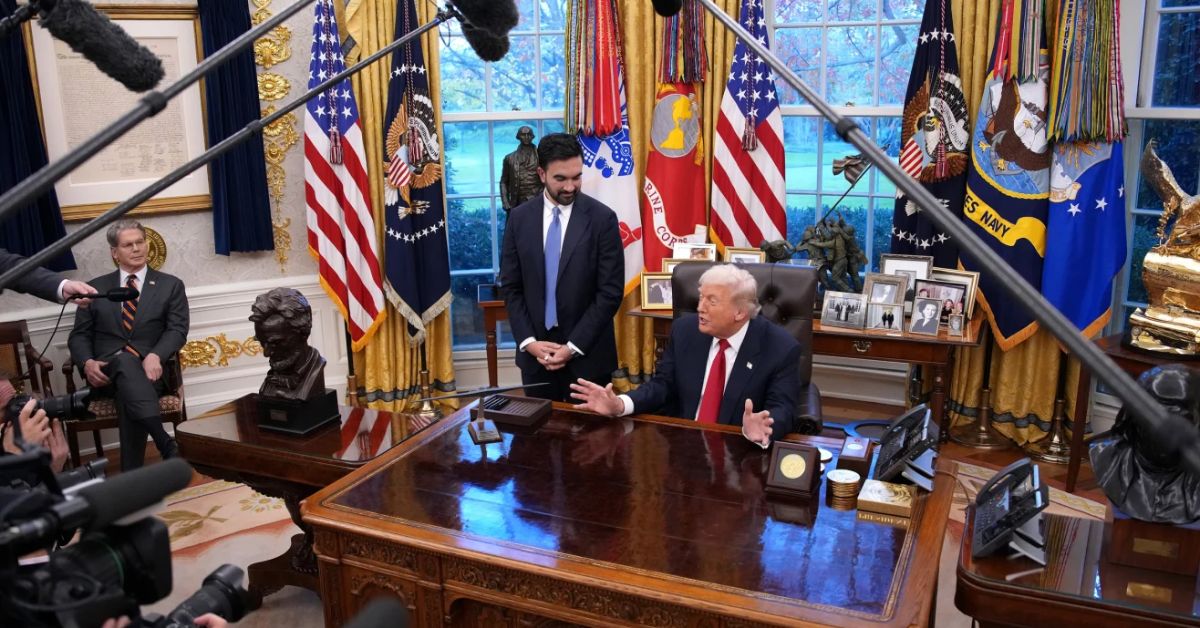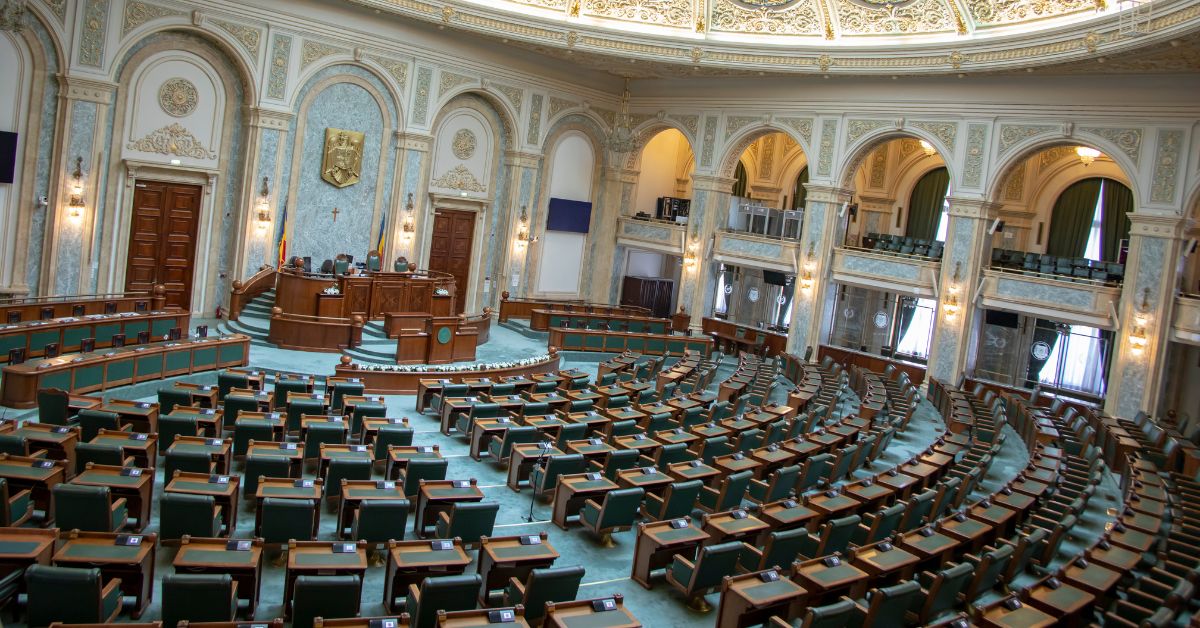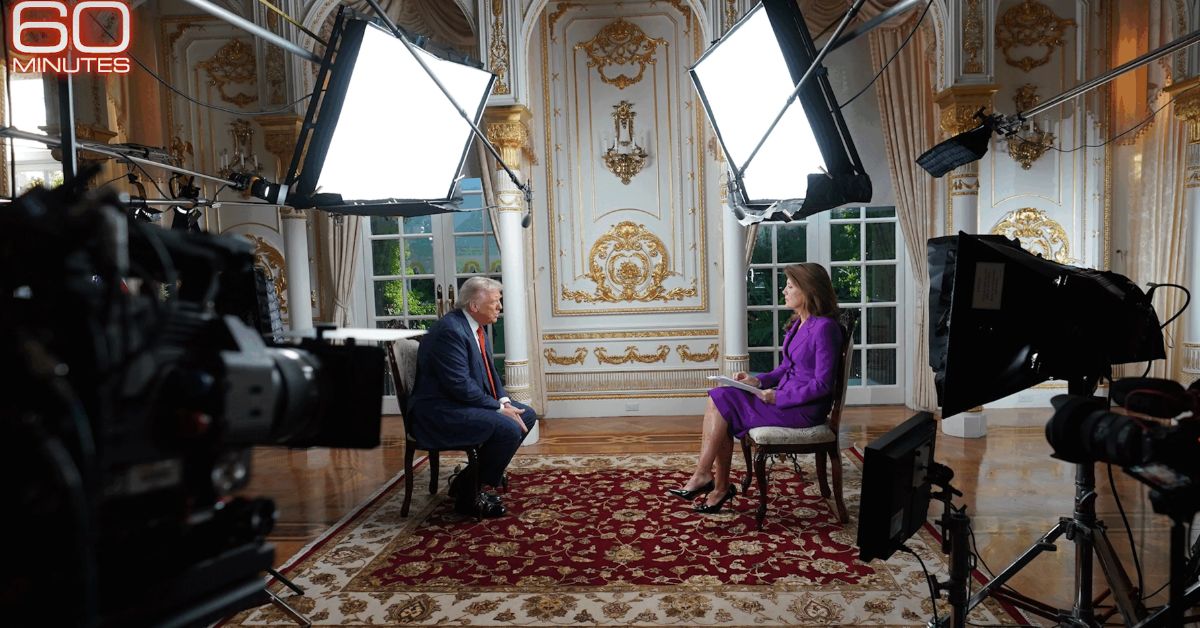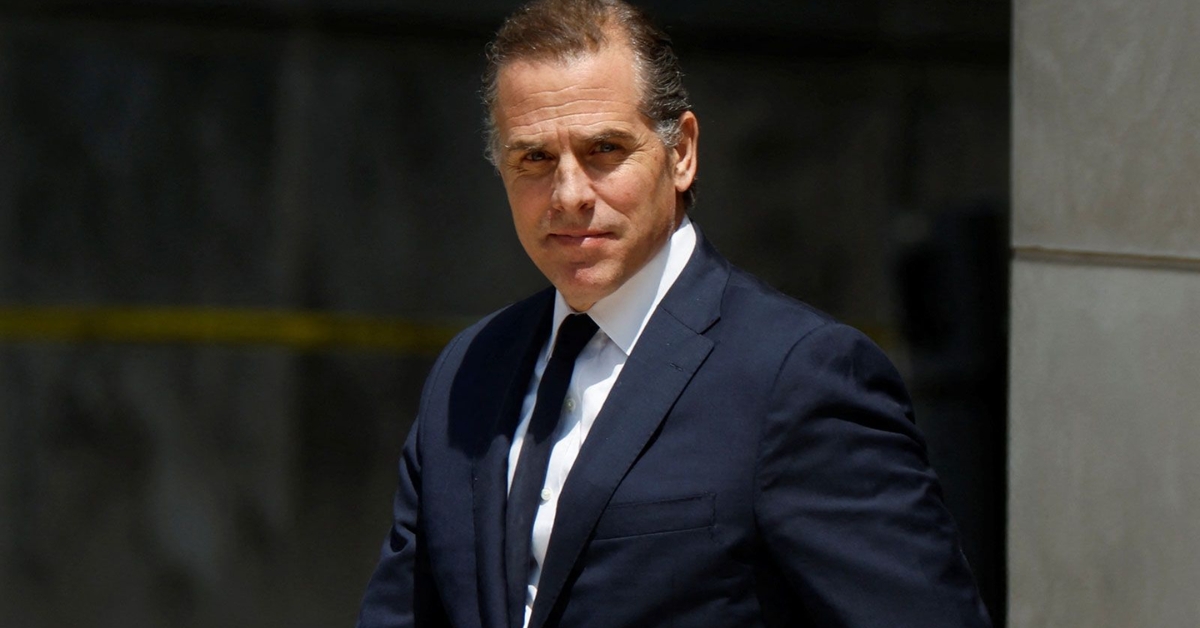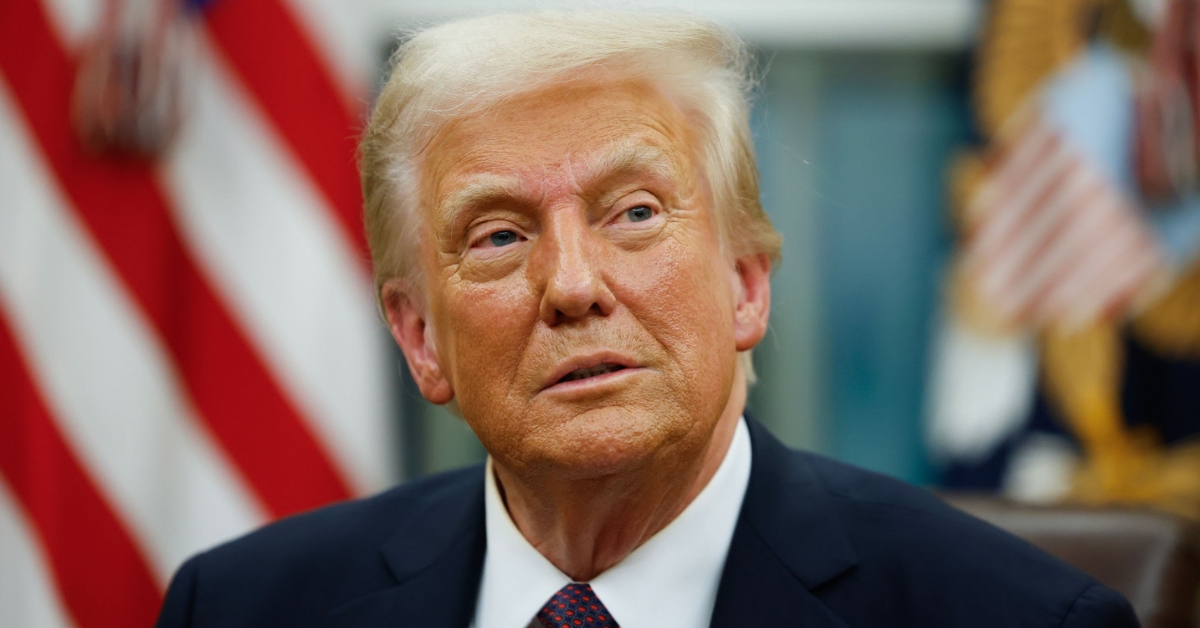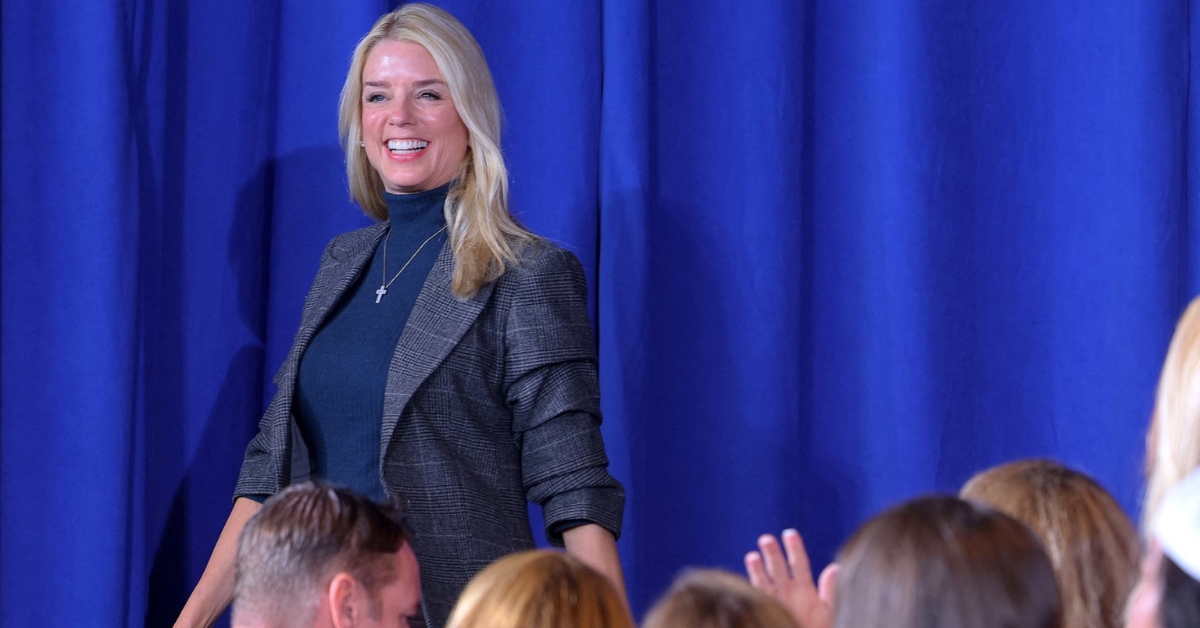As inflation reaches record highs and economic confidence dips, Kamala Harris’ middle-class proposals face increasing criticism.
Table of Contents
Vice President Kamala Harris addressed the Economic Club of Pittsburgh this week, aiming to pitch her economic vision to the middle class.
However, with inflation reaching historic levels and consumer confidence plunging to its lowest since 2021, many question whether Harris’ plans can alleviate millions of Americans’ struggles.
As the 2024 election approaches, it is becoming increasingly clear that the economy will dominate the conversation, overshadowing other critical issues like immigration or abortion.
Harris’s challenge is to convince voters that her policies are more than political gestures and can deliver real solutions to a nation grappling with rising costs, a slowing job market, and a shrinking middle class.
Harris’ $25,000 Homebuyer Plan: A Solution or Political Pandering?
One of Harris’s central proposals was her plan to offer $25,000 to first-time homebuyers, designed to appeal to younger voters struggling to enter the housing market.
While this initiative might sound promising to many, critics argue it could have unintended consequences.
Will this giveaway only fuel inflation further?
How much will it add to the already soaring budget deficit?
What will it mean for housing affordability in the long term?
Experts worry that the proposal needs a more transparent framework to address the more significant systemic housing issues.
Economists warn that injecting such large amounts of cash into a competitive housing market could make homes more expensive for future buyers.
In addition, critics suggest this plan is more about political pandering than offering real solutions for struggling families.
Criticism of Trump’s Economic Legacy
During her speech, Harris aimed at former President Donald Trump, criticizing his wealth and policies while positioning herself as a champion for the working class.
“For Donald Trump, our economy works best if it works for those who own the big skyscrapers, not for those who build or clean them,” Harris remarked, emphasizing her commitment to blue-collar workers.
However, while Harris criticized Trump’s record, recent polls show that many voters trust Trump more when handling the economy.
Despite the loss of 200,000 manufacturing jobs during Trump’s presidency, voters still need to be convinced that Harris’ proposals will deliver better results, especially as inflation under the Biden-Harris administration hit a 40-year high.
A Bold New Vision or Empty Promises?
Harris introduced ideas from her 81-page policy book, “A New Way Forward for the Middle Class,” which outlines strategies for lowering costs and making America a global leader in industries of the future.
She promised “commonsense solutions” to help Americans buy homes, start businesses, and build wealth.
However, voters are left wondering: if these solutions are so simple, why haven’t they been implemented in the past four years?
Harris claims her plan to boost manufacturing jobs will uplift the middle class, but analysts remain skeptical.
Critics argue that these promises sound good on paper, but a roadmap for implementation is needed.
A spokesperson from the University of Pennsylvania’s Penn Wharton Budget Model voiced concerns, stating that they “did not find a positive impact on the economy from her plan in any future year.”
This skepticism only deepens the doubts surrounding her economic proposals and whether they can achieve long-term benefits.
The Reality for Americans Today
Although stocks have hit record highs recently and unemployment remains low (though rising), many Americans still struggle with day-to-day expenses.
Grocery prices have increased by nearly 26% since Election Day 2020, leaving many families feeling squeezed.
Rent prices continue to climb, and the rising living costs have left tens of millions of Americans unable to cover basic expenses like utilities and food.
The Biden-Harris administration has had four years to tackle skyrocketing food prices and housing costs, but the results are minimal.
Harris’ proposals, like her first-time homebuyer plan, feel to many like band-aid solutions to an economy that requires much deeper reforms.
One Pittsburgh resident, Mary Thompson, shared her struggles:
“I am cutting back on everything. Groceries, gas, and even my kids’ after-school activities. It is hard to see how these policies will make a real difference in my day-to-day life.”
Conclusion: Will Voters Buy Into Harris’ Economic Vision?
As the 2024 election approaches, voters face tough economic questions. Harris’ economic proposals sound promising in theory, but there is growing doubt about their effectiveness in practice.
Many are asking whether her plans can genuinely deliver the relief that struggling families need or if they are merely political moves aimed at winning votes.
With inflation rising and middle-class anxiety at an all-time high, the economy will likely be the deciding factor in this election.
For Harris, the challenge is clear: she must defend her record and prove that her vision for the future can provide accurate, sustainable solutions for working-class Americans.
The question remains: Will voters trust Kamala Harris’ middle-class plan, or will they seek a different path forward as economic struggles persist?
